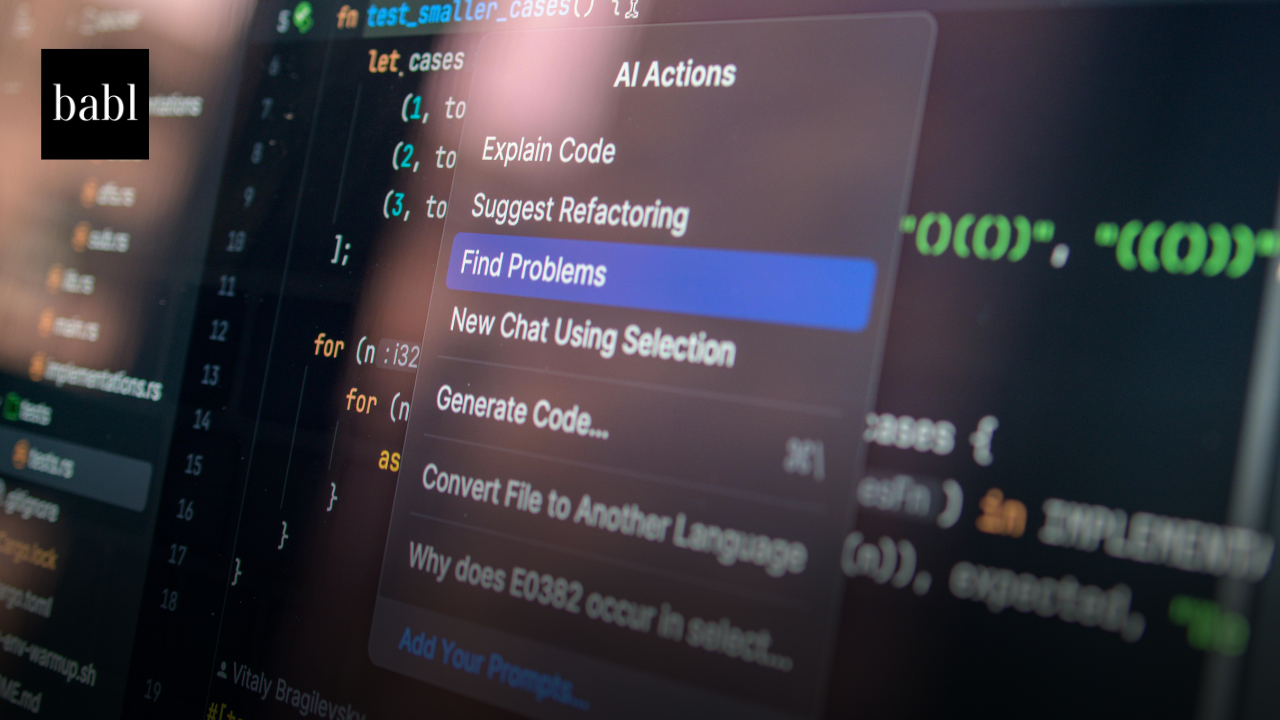The UK Information Commissioner’s Office (ICO) has released a comprehensive internal policy setting the rules for how its staff and contractors can use artificial intelligence (AI) in day-to-day operations. The Internal AI Use Policy, effective August 2025, aims to balance innovation with accountability as the regulator increasingly integrates AI tools into its own work.
In a foreword, ICO Chief Executive Paul Arnold emphasized that responsible adoption of AI is vital to maintain public trust. “As the UK’s data protection regulator, it is vital that we are able to give those we regulate confidence that we are able to responsibly deploy the same technology they are also striving to use,” Arnold wrote. He said the policy is designed to unlock AI’s potential while ensuring ethical and transparent use .
The policy applies to all ICO employees, secondees, and contractors. It outlines clear requirements for staff, including the obligation to use only approved AI tools, mark AI-generated content, and ensure all outputs are subject to human review unless explicitly exempted. The policy prohibits the use of AI for tasks that could cause harm, breach intellectual property rights, or make significant automated decisions about individuals without legal safeguards .
Training is a central component. The ICO’s leadership is required to provide general AI literacy programs for all staff, alongside system-specific training before deployment. The goal is to ensure employees understand the benefits, risks, and limits of AI technologies.
The document also lays out governance procedures for procuring or developing AI systems. Every deployment must pass risk assessments, data protection impact assessments, and equality reviews. New AI tools must be verified, validated, and logged in an internal inventory. Transparency measures extend to the public: AI systems that influence decision-making must be registered under the Algorithmic Transparency Recording Standard .
Accountability and redress are also built in. Any AI-assisted decision must include a mechanism for individuals to contest outcomes. Systems must also include safeguards allowing them to be paused or retired if risks emerge. Policy compliance will be overseen by the ICO’s Data, AI and Automation Programme Board, with breaches potentially resulting in disciplinary or legal consequences .
Beyond rules, the policy explains key concepts for staff, from generative AI to “agentic AI,” and stresses both opportunities and risks. While AI promises efficiency gains such as faster document processing and data analysis, it also brings concerns around bias, hallucinations, and data protection compliance.
The ICO’s move is significant given its dual role: both as a regulator of AI and as an adopter of it. By setting high internal standards, the office seeks to model best practices for public bodies and private companies alike.
“The journey towards AI adoption will not be without its hurdles,” Arnold noted, “but by integrating robust safeguards and continuously refining our approach, we can navigate the complexities of AI and unlock its full potential together.”
Need Help?
If you’re concerned or have questions about how to navigate the AI regulatory landscape, don’t hesitate to reach out to BABL AI. Their Audit Experts can offer valuable insight and ensure you’re informed and compliant.





